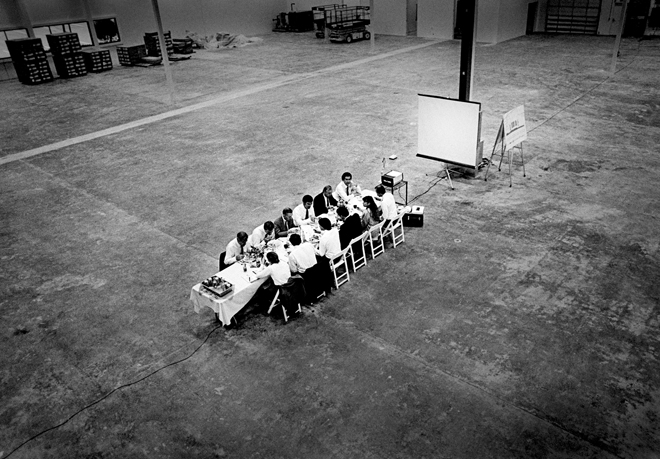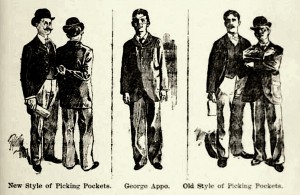Urban economist Edward Glaeser has a vested interest, of course, but he’s right when he says that the city is humanity’s greatest invention. One of the hallmarks of a healthy metropolis is a very diverse economy that can survive the vicissitudes of any one industry. Silicon Valley has thus far defied that rule. From an interview with Glaeser at Medium:
Question:
What works and doesn’t work about Silicon Valley?
Edward Glaeser:
Now Silicon Valley is, of course, very successful. It is a place that typifies idea creation. And, I think, almost single-handedly makes the case that new technologies do not make face-to-face contact obsolete… Marissa Mayer at Yahoo, right? Instead of saying, “Go telecommute,” she says you’ve got to show up because face-to-face contact really matters. It has lots of examples — these famous stories of people in the early days of Silicon Valley exchanging ideas at Walker’s Wagon Wheel (restaurant) and all that’s great.
There are ways, however, in which Silicon Valley really differs from a traditional city… First, it’s not all that diverse as an urban economy. That’s one of the things that makes you wonder whether or not it can continue to be as innovative as it has been. There’s a question of whether it will manage to have the same level of idea flows that it had in the past, because it is so singularly focused.
Second, the fact that they’ve made it so difficult to build means that these crappy starter homes are over $2 million. It’s insane. This means they are doing a very poor job of providing employment and economic possibilities for middle-income Americans.
Great cities of the past, be it Chicago or New York, when they got successful and they had an economic engine that was running, they built up around it, right? So think about the stockyards in Chicago. They built up around that thing and millions of people came to the city and found economic opportunity…
And the third point, which is related to this, is that the great cities of the past are archipelagos of neighborhoods. So when you think of what you can get in Chicago, for example, you can get living on the Gold Coast in a historic beautiful apartment building. You can live in a glass tower on the lake. You can live in a lower-density apartment area in Lincoln Park. You can get something within the city that feels like a suburban neighborhood. What that means is that as your life changes, and as your tastes change, you can have any number of urban options in which to live.
Silicon Valley kind of has one model. It has slightly higher-density single-family detached housing and slightly lower-density single-family housing… And I think this is what’s going on with the move to San Francisco, especially the ones that specialize in young, hip people. Their employees don’t want that. They don’t want the ranch house in the suburb. They actually want to live in the hip city…”•



